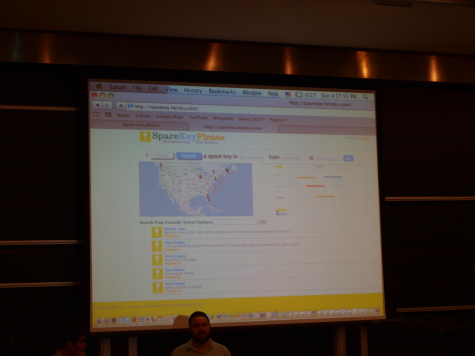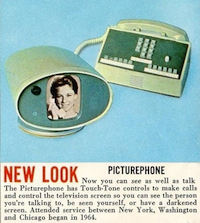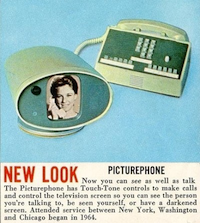![]() Kikin is a NYC startup that, as their web copy says, “brings you more relevant posts, tweets, videos, and other cool stuff from popular sites,” by automatically displaying interesting links on your browser page. Its proposition is that you trust your social network, so the Kikin software trolls your Twitter and Facebook streams for relevant content that has been contributed by friends, family, and co-workers.
Kikin is a NYC startup that, as their web copy says, “brings you more relevant posts, tweets, videos, and other cool stuff from popular sites,” by automatically displaying interesting links on your browser page. Its proposition is that you trust your social network, so the Kikin software trolls your Twitter and Facebook streams for relevant content that has been contributed by friends, family, and co-workers.
This idea is especially powerful when making purchasing decisions, less so for knowledge areas involving, say, the new FCC policy on cable set-top boxes.
This small company garnered some good press about a year ago.
Since then Google has been busy filling in a few of its holes, a platform tweak that will ultimately force niche players to, well, find a new niche in the ecosystem. Of course, Google has also been expanding the pond with products such as Google Wave, Google Buzz, and Google Predict.Continue reading


 Let the games begin and ex parte filings flow! The FCC formally opened its proceedings yesterday on the classification of broadband Internet. The agency released a 64 page, footnote-chocked Notice of Inquiry, Framework for Broadband Internet Service, to set this round in motion.
Let the games begin and ex parte filings flow! The FCC formally opened its proceedings yesterday on the classification of broadband Internet. The agency released a 64 page, footnote-chocked Notice of Inquiry, Framework for Broadband Internet Service, to set this round in motion.


 Google may have accidentally-on-purpose scooped up data while (war)driving in Germany, and its new option to change the background on its home page is just plain silly, but they did do something right in the last few weeks.
Google may have accidentally-on-purpose scooped up data while (war)driving in Germany, and its new option to change the background on its home page is just plain silly, but they did do something right in the last few weeks.

